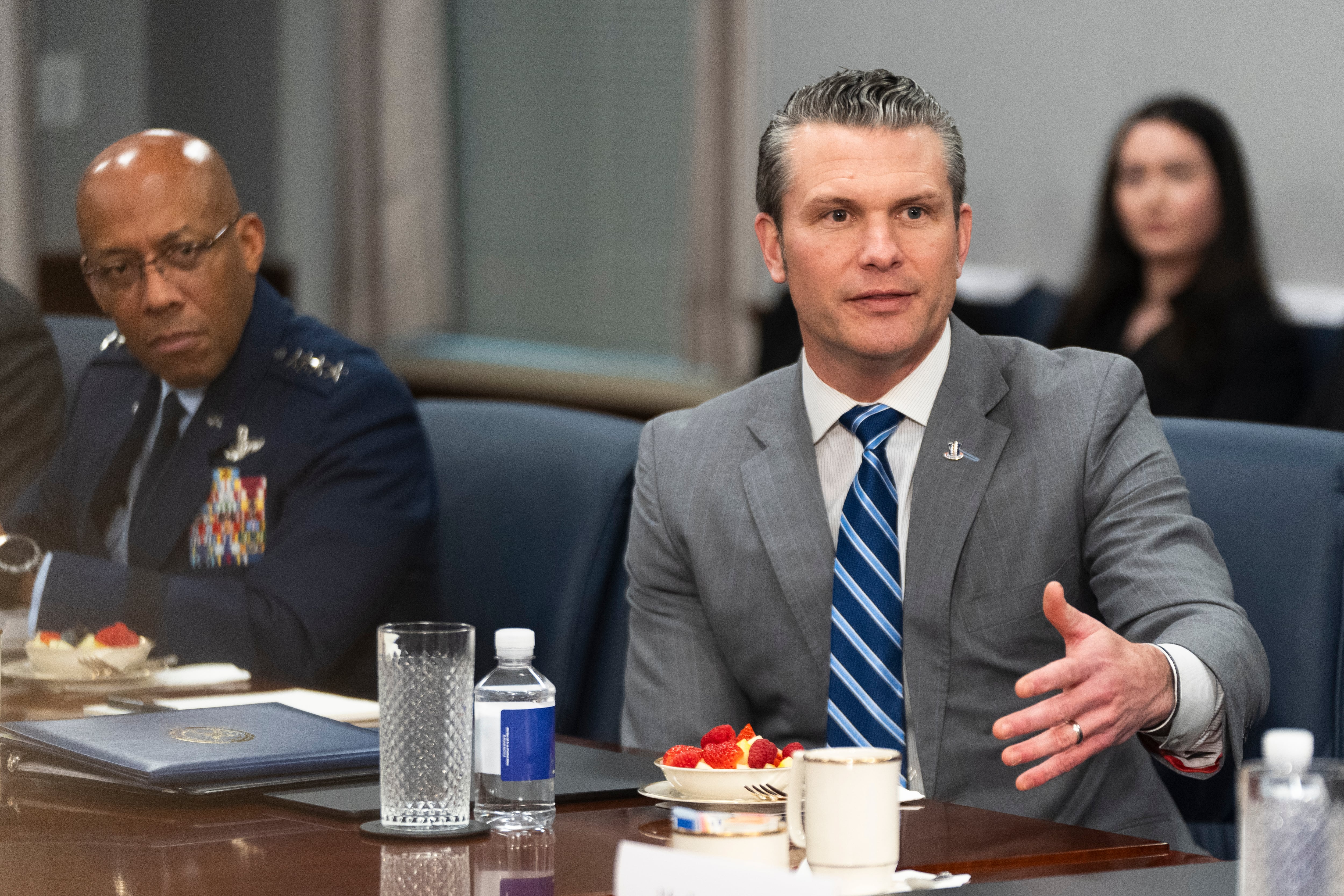Colby Buzzell first made a name for himself as a blogger serving with the Army in Iraq and later by sharing those combat veteran experiences in a series of books.
But his latest collection of essays — "Thank You for Being Expendable," published this month — moves past the war to the struggles of a veteran trying to adjust to civilian life, struggles that are all too common among the troops he sees returning home.
"I can't speak for all veterans, but I can speak for myself and I do see the changes that happened," the 38-year-old California native said. "And it's a shared frustration."
The stories in his book cover the decade after his return from Iraq in 2004, chronicling his separation from the Army, his struggles with post-traumatic stress disorder and the Veterans Affairs health care system, and the military's attempt to recall him to active duty.
The tales range from funny (drunkenly searching for Bansky overseas) to serious (struggling with suicidal thoughts) to political (calling for VA reform) to absurd (helping with naked photo shoots in the New York City subway.)
But all of the stories in some way still end up back in Iraq, a place that Buzzell believes many Americans still don't understand more than a decade after the war.
"Hopefully, this creates more awareness," he said. "Ten years from now maybe, it'll be better."
Q: Why now with this book?
There's an arc with all these stories. Half of them are military related, half of them aren't. But even the ones that aren't are, because I'm seeing things through a veteran's perspective. I'm always dropping references to the Iraq War, no matter what story I'm writing.
In the beginning, I was excited to get out of the military and move on, put the military behind me. And I'm doing all these nonmilitary stories. Then ... I got called back up.
When I was putting it together and rereading it, each story just reflects a different point in my life and where I was over the last 10 years.
Q: Why use "Thank You for Being Expendable" as the title essay? It's one of the bleakest in there.
I was at the VA hospital in Pittsburgh, in the waiting room for hours. Next to me was a Vietnam veteran, and he's frustrated, too. He says, "They say, 'Thank you for your service,' but what they really mean is, 'Thank you for being expendable.' "
I asked what he meant by that, and he said, "Look at how they treat us now. They don't care about us. They don't need people to serve, they need people to be blown up, maimed and be expendable."
On Veterans Day, when the VA scandal was going on, The New York Times contacted me to write about it, and I remembered that. They put that headline on the piece. When I was putting this (book) together, I thought I'd use it again, maybe to create awareness.
Q: What's your frustration level at this point? Do you still feel that disaffected?
Now it's just numbness. It's the same story. I've had great experiences at VA, but I've also had some really bad ones. In Los Angeles, it was nearly impossible for me to be seen there. And it's nearly 10 years ago that I was dealing with that.
Here in San Francisco, the VA is great. But it still may take a month or so to be seen. And you still sometimes get told to cut back on caffeine and come back later.
But it's a shared frustration. I'll write stories about the VA, and I'll look down at the comments and just read everything that other veterans are saying about the VA, and they have way worse stories than I have. There are a lot of veterans very angry at VA.
Q: How has your writing changed over the last 10 years?
Hopefully, it's getting better. I look at my early stuff and … I mean, I barely graduated from high school, and I don't understand grammar still. This is years of me just reading books and playing by ear. There are some musicians that are trained, and some who can hear a song and play by ear. I think I'm one of those.
Some of this is me having no idea what I'm doing, then going to college and writing more and learning more, hoping that I'm getting closer to knowing what I'm doing.
Q: Do you think most Americans have heard a veteran's story at this point?
I think a lot of America doesn't even care. During the (Iraq) War, it was pretty much, "Life goes on." It wasn't like World War II, where you had the homefront effort and there was a shared sacrifice.
During the Iraq and Afghanistan wars, everyone at home was unaffected by the wars. A lot of people didn't realize a war was going on.
The same guy who told me about, "Thank you for being expendable," he also said, "You know the term, 'Never forget?' It really means, 'Never let them forget what they did to us.' Because trust me, they will.' "
So these writings, maybe I can force people not to forget that there was a war, and there are veterans dealing with adjustment issues.
Leo covers Congress, Veterans Affairs and the White House for Military Times. He has covered Washington, D.C. since 2004, focusing on military personnel and veterans policies. His work has earned numerous honors, including a 2009 Polk award, a 2010 National Headliner Award, the IAVA Leadership in Journalism award and the VFW News Media award.

![Colby Buzzell[ID=26119367] ID=26119367](http://www.gannett-cdn.com/-mm-/0767228aabb95b5c4a05121913b3261773039a23/c=0-29-612-489&r=115x86/local/-/media/2015/04/21/GGM/MilitaryTimes/635652091288069905-IMG-9511.JPG)




